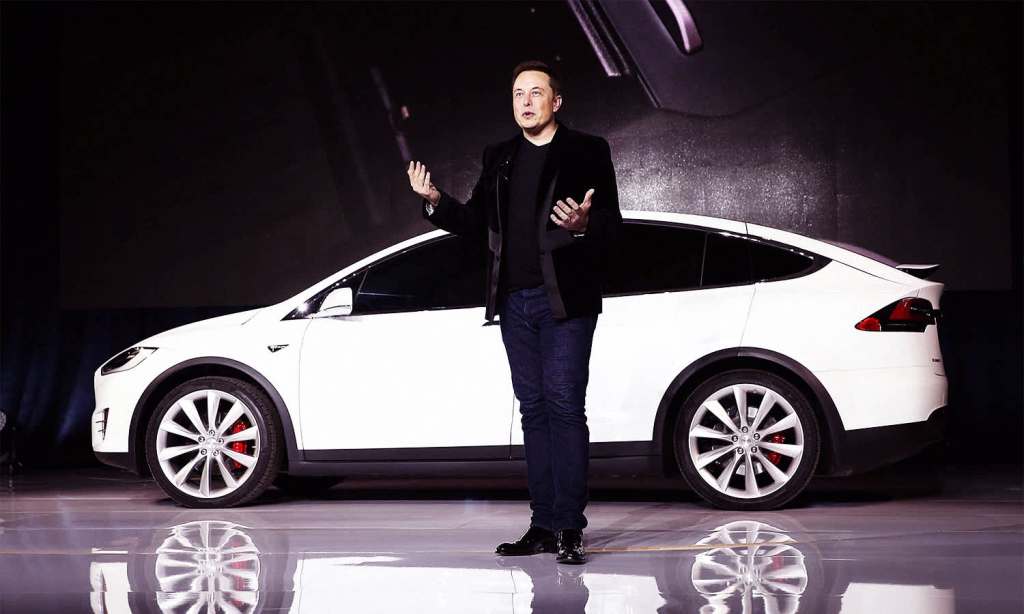Products featured are independently and objectively selected by our editors. From time to time, things you buy through our links may earn us an affiliate commission.
We’re all becoming more aware of our impact on the environment — and if you’re somebody that needs to drive a lot, your car is one of the biggest contributors to your carbon footprint.
You might already be thinking about a switch to an electric car in future, but what does it really take to bring an EV — short for electric vehicle — into your life?
We look at five key factors you might not have considered when it comes to buying and using an electric car.
They’re More Expensive, But They’re Getting Cheaper
Typically, electric cars are more expensive than petrol or diesel cars of the same size, but this is changing quickly. There are still no bargain brand-new EVs on sale to compete with the Mazda 2s and Suzuki Swifts of the world, but they should arrive in the next five years.
As of June 29, Drive reported that the cheaper electric car options are somewhere around the $45,000 mark. For instance, the BYD Atto 3 is $44,990 in Tasmania, while the MG ZS EV is $46,990 nationwide. While that’s cheaper than in the 2010s, it’s still a lot of money when you could buy a normal car for much less.
Still, new electric cars like the Tesla Model 3 (the most popular model by far), the Hyundai Ioniq 5 and the Polestar 2 are making EVs much cheaper to buy.
Of course, you can also buy used – and a number of companies specialise in selling second-hand EVs. That said, electric cars are so new that there are simply not that many going used, and older EVs tended to use batteries that degrade quite quickly … a bit like your three-year-old phone. These days, the batteries last much longer, so this is less of an issue.
You Gotta Charge Them Up
Much like your phone, electric cars need to be plugged into a power source to keep them juiced up. Unlike a hybrid car, which has a traditional engine, EVs use electricity alone.
Every electric car can be plugged into a good-old three-pin wall socket … but this takes forever, more than 24 hours in some cases. That is because the batteries in an electric car are more than 3000x bigger than your phone.
There are two solutions to this. Public chargers are popping up in more-and-more places, capable of charging an electric car very quickly while you’re at the mall or gym. Not all are created equal: the ones that can charge at 50kW speeds or higher will get the job done within an hour, while the best chargers take as little as 20 minutes.
The other answer will work for people with a garage: you can have a special wall-box installed that will slash the charge time from 24 hours to more like 7 or 8 – perfect for overnight recharging, just like your phone.
Road Trips Need a Bit More Planning Than Normal
Heaps of chargers are being built on interstate highways in Australia, but they aren’t anywhere near as plentiful as petrol bowsers. That means if you’re going to take an electric car away with friends, you’ll need to plan a route that includes a number of fast chargers along the way.
That said, at your destination, you can always plug into a slow charger and leave the car for a day or so while it replenishes the juice.
The best electric cars on the market — and the most expensive — give you about 600km of range between recharges, but for the cheaper models, it’s more like 300-400km.
Driving is (Usually) Cheaper
Because electric cars have no engine, no oil, and very few moving parts, they require a lot less servicing and maintenance than a petrol, diesel or hybrid car. That will mean saving a lot of money in the long term as engine parts won’t fail over time.
You’ll usually still need to get your car checked over by the service department every year or so for things like brakes, air conditioning filters and wiper blades, but this will cost hundreds, not thousands, in upkeep.
Also, electricity is typically much cheaper than petrol. Even if you charge up at more expensive ultra-rapid chargers, you’ll be shelling out about half the cost of petrol for every kilometre of driving.
Our Top 5 Electric Car Picks
Tesla Model 3
A great all-rounder, from $59K.
Porsche Taycan
Very fun to drive, but expensive, from $153K.
Hyundai Ioniq 5
Funky styling and lots of room, from $71K.
Polestar 2
Sleek Swedish sedan, from $61K.
Nissan Leaf
A reliable, conventional choice, from $49K.
Read more stories from The Latch and subscribe to our email newsletter.







